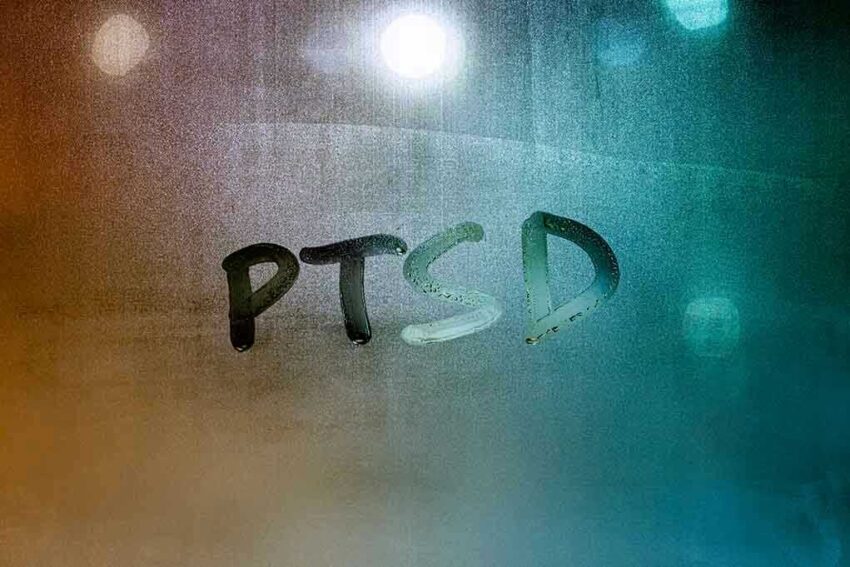America stands on the verge of the first new FDA-approved drug for PTSD in more than two decades, but as bureaucrats debate in Washington, millions of veterans and trauma survivors are left waiting—again—for relief.
At a Glance
- FDA advisory committee to weigh approval of the first new PTSD drug since the Clinton administration.
- Combination of brexpiprazole (Rexulti) and sertraline shows significant clinical improvement in phase 3 trials.
- PTSD afflicts over 13 million Americans annually, with limited treatment options currently available.
- Experts tout the new therapy’s efficacy, but concerns linger over long-term safety and government foot-dragging.
FDA Poised to Make a Decision That Could Change Millions of Lives
On July 18, 2025, the FDA’s Psychopharmacologic Drugs Advisory Committee will review a supplemental New Drug Application for brexpiprazole—an atypical antipsychotic commonly known as Rexulti—used in combination with sertraline for adults with PTSD. If approved, it would mark the first new medication for PTSD in more than twenty years. The pharmaceutical heavyweights Otsuka Pharmaceutical and Lundbeck are seeking this approval after a pivotal phase 3 clinical trial demonstrated statistically significant improvements in PTSD symptoms compared to sertraline alone. The trial, published in JAMA Psychiatry, was lauded by leading psychiatrists for its rigor and real-world relevance, with experts noting not only the relief of intrusive memories and hyperarousal but also a strong safety and tolerability profile.
Veterans, first responders, and trauma survivors have been told to “wait their turn” for decades as federal agencies drag their feet and lawyers bicker over the fine print. The last time a PTSD drug was approved, the world was still running Windows XP and the iPod was a novelty. Yet the need has only grown: over 13 million Americans—roughly one in twenty adults—are struggling with PTSD symptoms every single year, often turning to off-label or barely effective treatments simply because nothing better is available. Meanwhile, the bureaucrats at the FDA have managed to approve countless drugs for all sorts of “lifestyle” conditions, but life-or-death issues like PTSD? Apparently, those can wait.
Patients and Providers Demand Innovation While the FDA Deliberates
The pharmaceutical industry, led by Otsuka and Lundbeck, has been pushing hard for this approval, arguing that the combination of brexpiprazole and sertraline is not just a minor tweak but a real game changer for PTSD sufferers. Their argument is backed by a growing chorus of mental health advocates and clinicians who have watched as the current standard—two aging SSRIs, sertraline and paroxetine—fails to bring meaningful relief for far too many. Off-label cocktails and desperate experimental treatments have become the norm as the FDA has sat on its hands. Even the experts who aren’t in the pharmaceutical industry’s pocket are saying the same thing: the data is compelling, the need is enormous, and the patients have waited long enough.
Dr. Roger McIntyre of the University of Toronto didn’t mince words: “The magnitude of improvement in PTSD symptoms with brexpiprazole plus sertraline is greater than with sertraline alone. This high level of efficacy was consistent on secondary outcome measures, and the overall tolerability and safety seemed very acceptable.” Dr. Elspeth Ritchie, a leading psychiatrist at MedStar Washington Hospital Center, pointed out that combining an antipsychotic with an antidepressant is old news for depression, but finally, there’s robust data to support it for PTSD—a move that could change practice guidelines overnight.
A System Stuck in the Past: Bureaucratic Delay and Real-World Consequences
The FDA’s glacial pace is nothing new; it’s become something of a punchline in American healthcare. The agency is once again soliciting public comments, establishing dockets, and promising transparency while trauma survivors are left to navigate a system that’s about as nimble as a stone in a mud puddle. The advisory committee’s recommendation will be influential, but the ultimate decision remains with the FDA’s top brass. In the meantime, the pharmaceutical companies are forced to play byzantine regulatory games, and patients are told to “be patient” as if that’s an actual treatment plan.
The broader implications are impossible to ignore. If approved, this combination would set a new standard for PTSD care and potentially spark a wave of innovation in psychiatric medicine. It could drive other companies to pursue novel therapies for trauma and related disorders. And yet, the very fact that it’s taken more than twenty years for the FDA to seriously consider a new PTSD therapy says everything you need to know about how Washington works. When the government’s “best and brightest” are more interested in paperwork than people, it’s no wonder Americans are losing faith in their institutions.
Sources:
Otsuka Pharmaceutical 2025 News Release
Otsuka Announces FDA Plans for Advisory Committee Meeting
FDA Advisory Committee Materials
Click this link for the original source of this article.
Author: editor
This content is courtesy of, and owned and copyrighted by, https://republicannews.org and its author. This content is made available by use of the public RSS feed offered by the host site and is used for educational purposes only. If you are the author or represent the host site and would like this content removed now and in the future, please contact USSANews.com using the email address in the Contact page found in the website menu.








